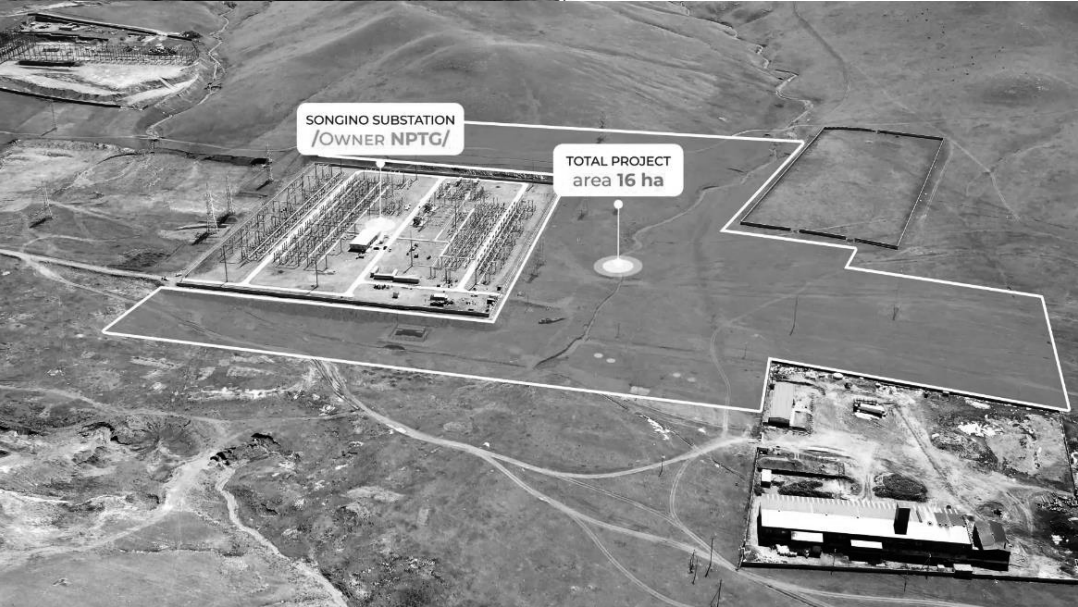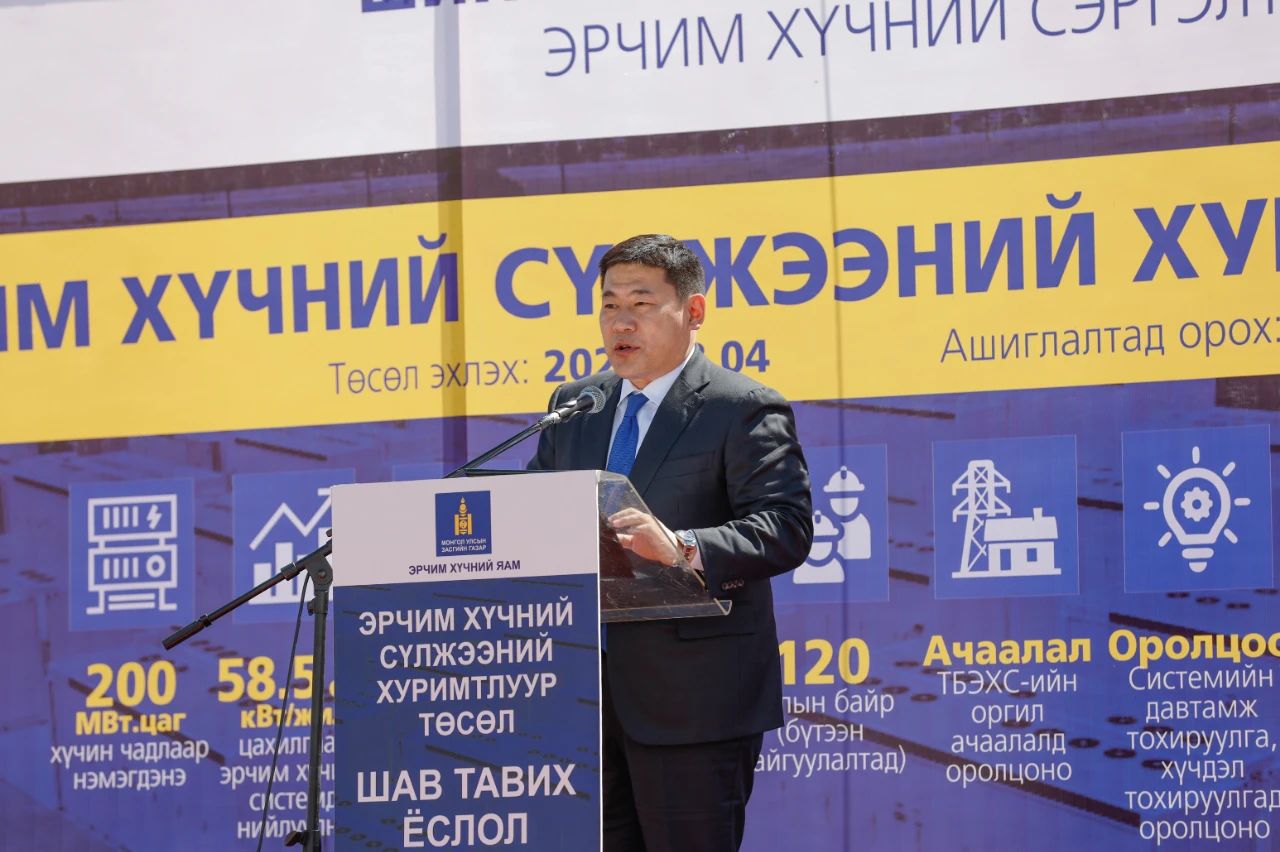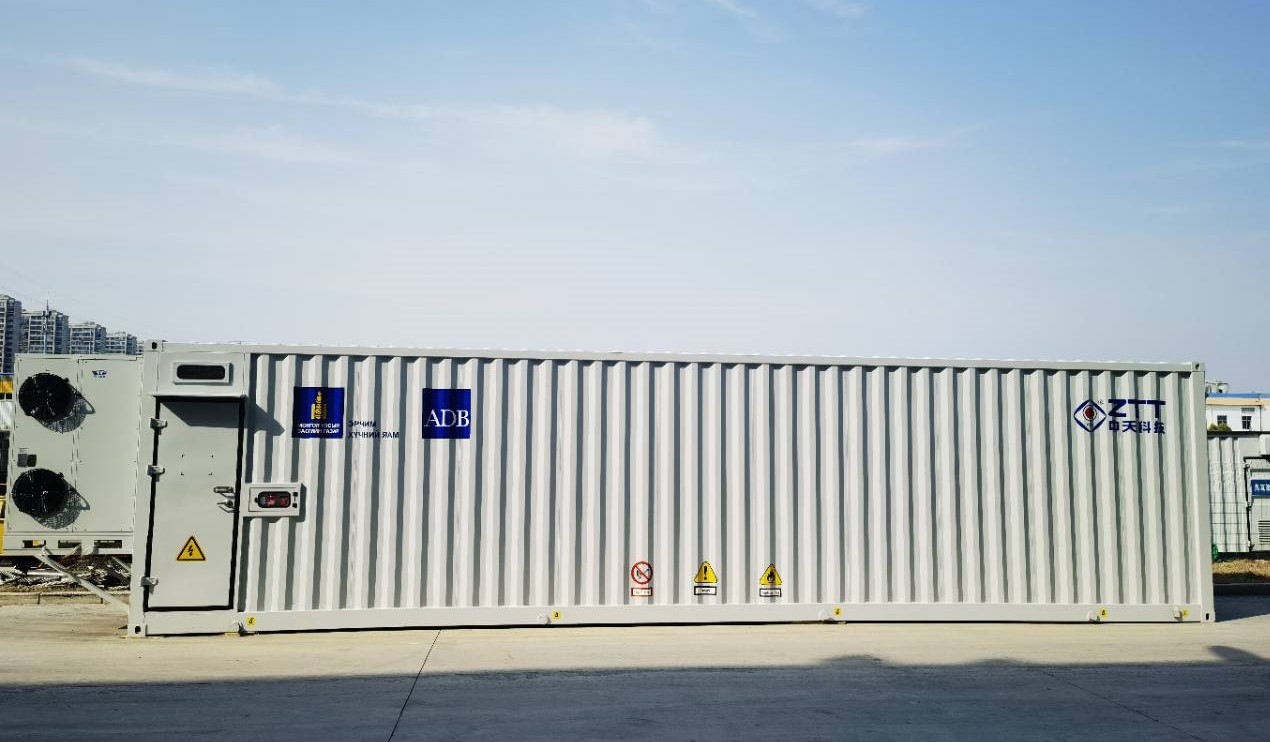The First Utility-Scale Energy Storage Project aims to install a large-scale advanced battery energy storage system (BESS) in Mongolia’s Central Energy System (CES) grid. Which is to absorb curtailed renewable energy electricity and smoothen fluctuations caused by the intermittency of renewable energy.
Background of the Project
The project will expand the system’s capacity to connect additional renewable energy supply and meet the growing power demand in the CES grid. Of which is to meet the Government of Mongolia’s long-term renewable energy target by 2030.
Project Impact: Renewable energy capacity increased to 20% of total generation capacity by 2023 and 30% by 2030.
Project Outcome: Renewable electricity penetration increased.
On successful completion, the project will supply 58.5 gigawatt-hours of clean peaking power annually. And support the integration of an additional 859 gigawatt-hours of renewable electricity into the CES grid annually. Thereby avoiding 842,039 tons of carbon dioxide emissions yearly by 2025.

Location of the Project Site, From Sources: Environmental Monitoring Report Q2_2021_BESS Project)
80MW/200MWh BESS Project Launch
(4th Aug 2022) The groundbreaking ceremony for the 80MW/200MWh BESS EPC project was held in the presence of Mongolian Prime Minister Mr.L.Oyun-Erdene, Minister of Energy Mr.N.Tavinbekh, Members of Mongolian parliament, the CEO of National Dispatching Center Mr.B. Baljinnyam, ADB representatives, etc. As well as delegates from ZTT Group, the EPC Contractor of this project.

Key Products of ZTT Battery Container
The battery container is 40 feet across, has a capacity of 3.634MWh, and weighs 45 tonnes (over 65% of the battery weight). And the DC side voltage is 1500V, has an internal battery temperature difference of <8 degrees, and an IP54 protection class. Key internal components include HVAC, Current collection, BMS, Battery clusters, Combustible detectors, Combustible exhaust, Extinguishant, and Water interface.

Highlight Environmental Adaptation
In terms of environmental adaptability, the air conditioners are precisely selected and configured according to the heat generation characteristics of the batteries and based on the heat calculation formula summarised by ZTT technical team. For the Mongolian project, we selected two 25kW cooling and 12kW heating air conditioners. Which can cool down to 25 degrees in 4 hours under extremely high-temperature conditions and heat up to 5-10 degrees in 26 hours under extremely low-temperature conditions. Thus meeting the temperature control requirements of the battery compartment under different environmental conditions.
The BESS will be resilient to Mongolia’s extremely cold climate and equipped with a battery energy management system enabling it to be charged entirely by renewable electricity. This will then discharge clean electricity to supply peaking power in the central energy system grid. The project will also provide a regulation reserve to integrate additional renewable energy capacity in the transmission grid.







